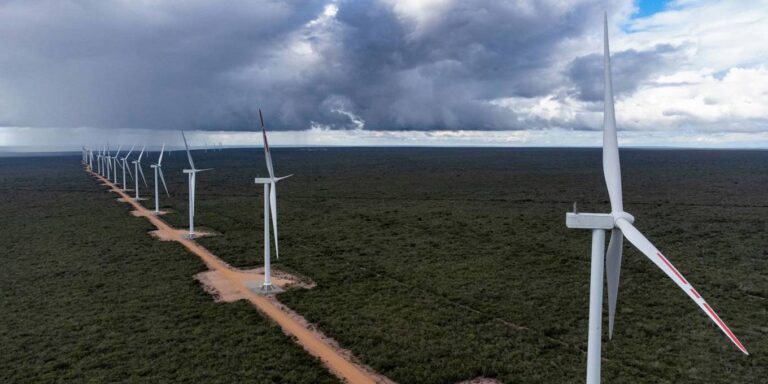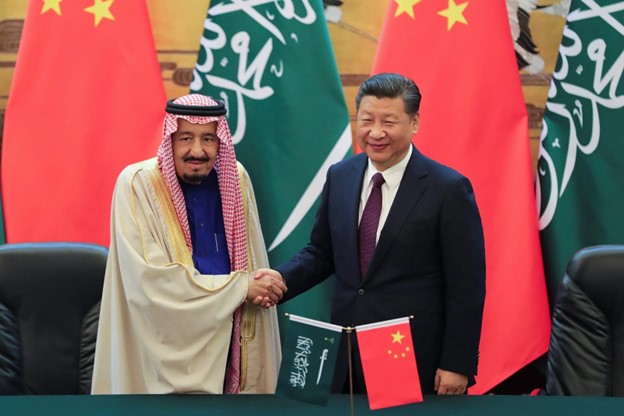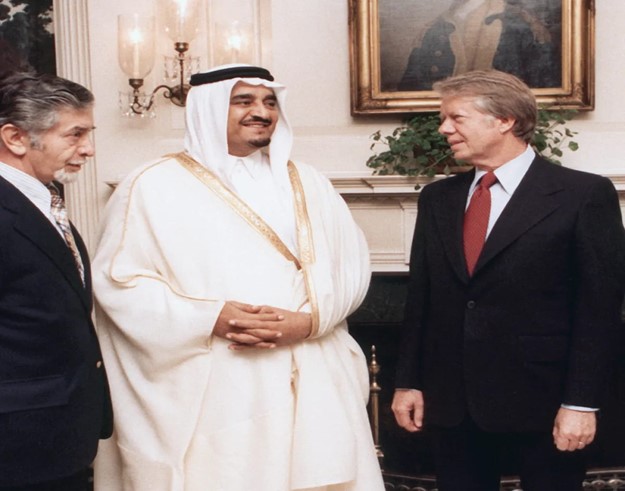Climate displacement is also a health crisis

By disrupting care services, climate displacement deprives affected communities of access to doctors, hospitals, and pharmacies.
Every year, 21.5mn people are forcibly displaced by floods, droughts, wildfires, and storms. This number is set to rise dramatically over the coming decades, with up to 1.2bn people expected to be driven from their homes by 2050. The unfolding climate crisis is not just a humanitarian disaster but also a global health emergency.
Climate displacement poses both direct and indirect threats to public health. By disrupting care services, it deprives affected communities of access to doctors, hospitals, and pharmacies. Climate-induced migration also exacerbates poverty, overcrowding, and social instability. Food production is often severely affected, while unsanitary living conditions fuel the spread of infectious diseases.
As the climate crisis threatens to derail global efforts to achieve the UN Sustainable Development Goals, the health and well-being of hundreds of millions of people across the developing world are at risk. High-income countries are not immune: in the US, 3.2mn adults were displaced or evacuated due to natural disasters in 2022 alone.
Pharmaceutical companies must play a pivotal role in bolstering global health resilience. Their involvement is particularly critical in conflict zones at the forefront of the climate-displacement crisis, where life-saving medicines and vaccines are often in short supply.
While the pharmaceutical industry has made strides in reducing carbon dioxide emissions and adopting more sustainable practices, its efforts fall far short of mitigating climate-related disruptions to supply chains.
Some pharmaceutical companies, such as Novartis and Novo Nordisk, have launched targeted programmes to aid populations displaced by extreme weather events, while others have donated cash or supplies in response to natural disasters. The demand for these donations has risen with increasing climate and humanitarian needs. Hikma, a generic medicine manufacturer founded in Jordan, reported $4mn in donations in 2020, and $4.9mn in 2023, mostly serving the needs in the surrounding region.
No company has developed a comprehensive strategy to ensure that displaced communities have sustained access to health products. A more holistic approach is needed. Amid the ongoing climate-displacement crisis, pharmaceutical companies should adopt a four-pronged strategy to strengthen healthcare systems. For starters, they could help deliver medicines to vulnerable communities in remote areas by revamping their supply-chains, from building redundancy into shipping networks to redesigning products to be more stable in hot climates where refrigeration may be unavailable.
Second, pharmaceutical companies must invest in research and development to create vaccines, diagnostics, and therapeutics targeting climate-sensitive diseases. Rising global temperatures are accelerating the spread of mosquito-borne illnesses such as dengue, malaria, and Zika, as well as waterborne diseases like cholera and shigella, putting displaced populations at even greater risk.
Third, pharmaceutical companies should forge long-term partnerships with humanitarian organisations focused on climate displacement. Public-private collaborations have also proven effective in strengthening health resilience. Since 2010, for example, leading vaccine manufacturers like GSK and Pfizer have supplied Gavi, the Vaccine Alliance, with billions of vaccine doses, protecting vulnerable populations in some of the world’s most resource-constrained countries.
Lastly, pharmaceutical companies must boost efforts to cut greenhouse-gas emissions across their value chains. While the climate impact of pharmaceuticals may get less attention than that of traditional manufacturing industries, the sector emits more CO2 per $1mn of revenue than the automotive industry.
The active support and engagement of shareholders, employees, and other stakeholders is crucial. Investors, in particular, must encourage companies to align their business practices with global health and climate goals.
Climate displacement is not a distant or hypothetical threat; it is a rapidly escalating health emergency. The pharmaceutical industry has a moral responsibility to act. To do so effectively, companies must get ahead of the curve and provide vital, life-saving treatments to those on the front lines of the climate crisis.








